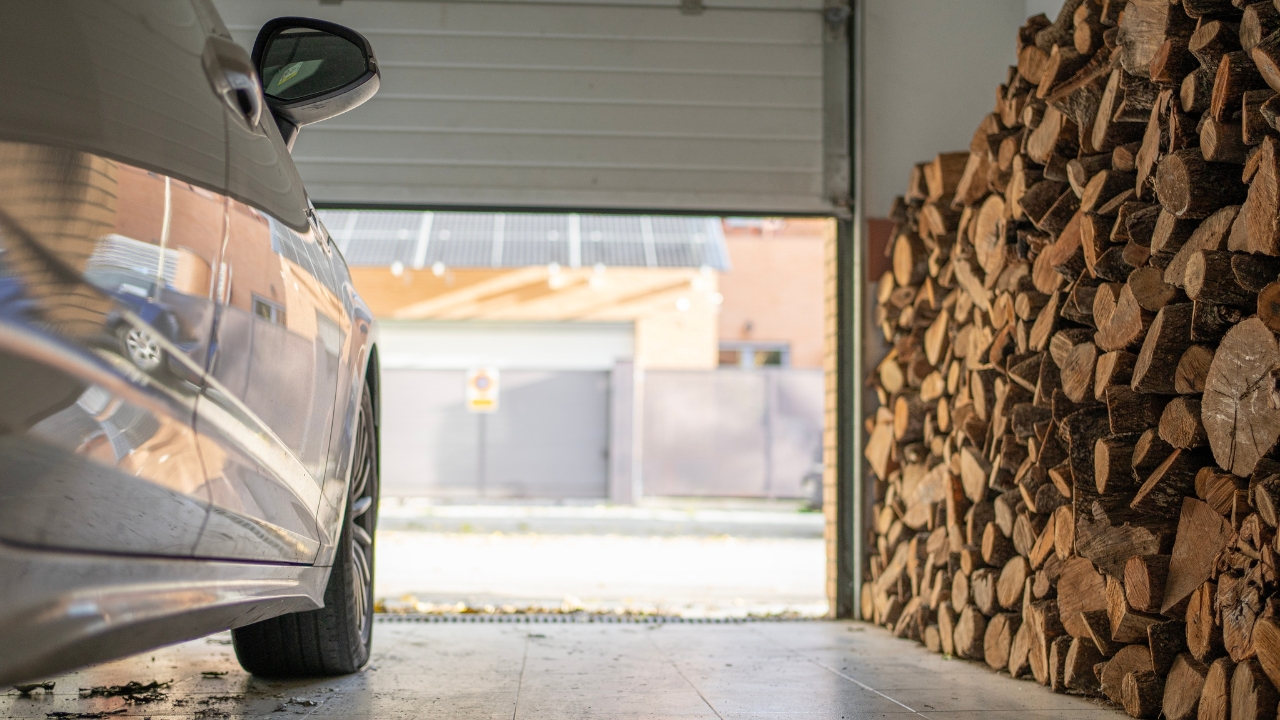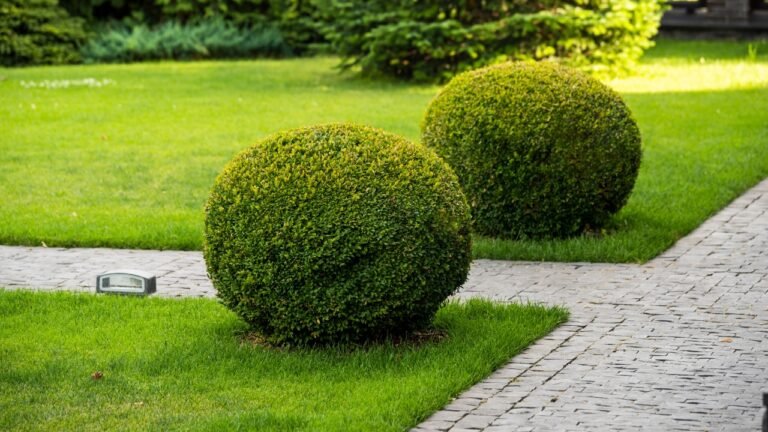10 Things You’re Storing Wrong in the Garage
The garage ends up being the go-to spot for all the stuff that doesn’t have a home inside. But not everything belongs out there. Extreme heat, moisture, and pests can ruin things fast if you’re not careful. Some items break down quicker, attract rodents, or become safety hazards. And it’s easy to overlook them until something goes wrong.
Here’s what to double-check before your garage turns into a graveyard of ruined tools, supplies, and more.
Paint and Stain

Garages get too hot and too cold for paint to stay usable. Extreme temps mess with the formula, making it clumpy, separated, or totally unusable when you finally need it.
Store paint inside where temps stay more stable—like a utility closet or basement. If it’s already been frozen or cooked all summer, it’s time to toss it. Once it separates and won’t mix smooth again, it’s not going to cover anything evenly.
Propane Tanks
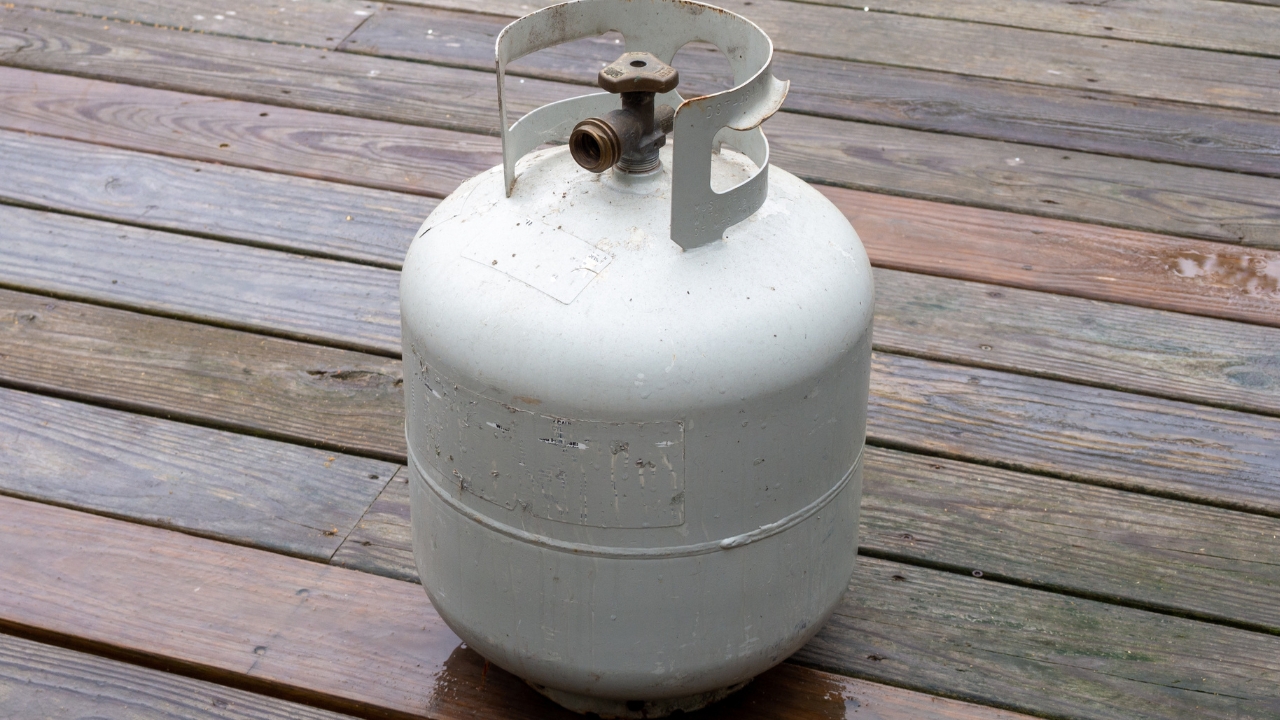
Keeping propane tanks in a closed garage is a fire hazard, especially in hot weather. A leaking tank can build up fumes, and one spark from a tool or appliance is all it takes.
Always store propane tanks outside in a shaded, ventilated area. Even if it’s a spare, the garage is too risky. You don’t want that kind of danger sitting next to your lawn tools or water heater.
Cardboard Boxes
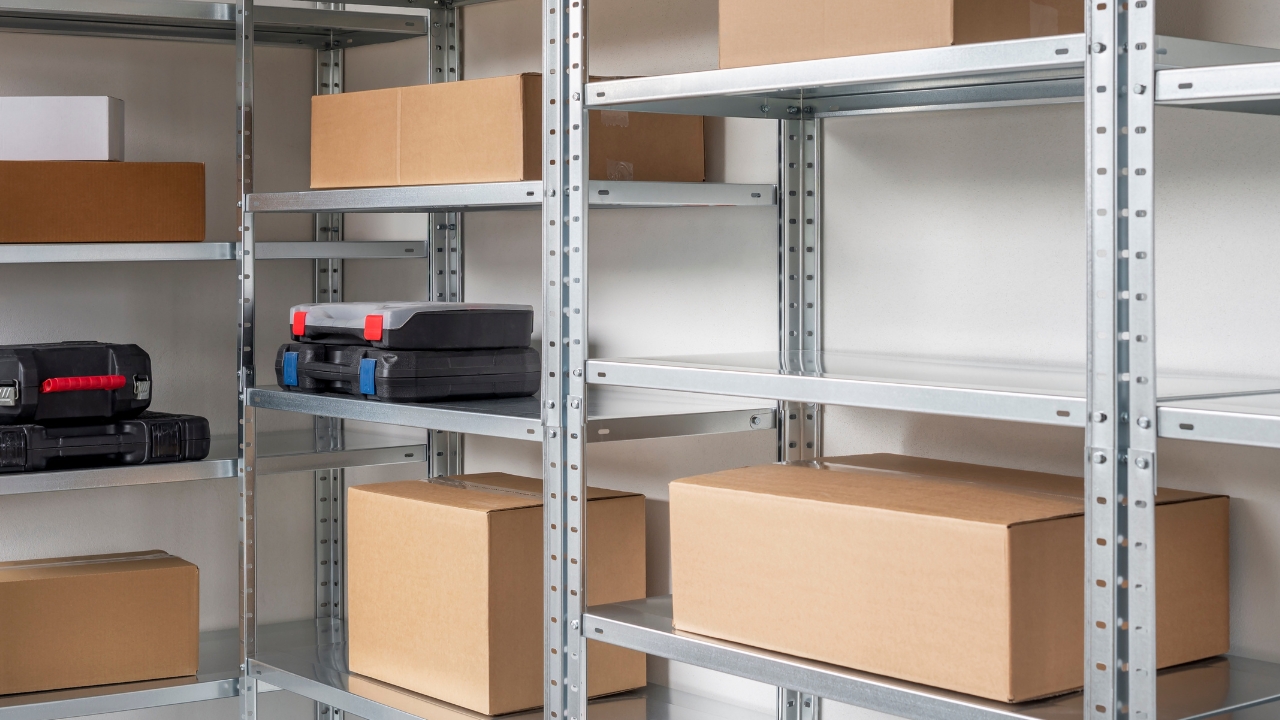
Cardboard absorbs moisture and becomes a magnet for bugs. Roaches, silverfish, and mice love nesting in it, and once they move in, it’s hard to get them out.
If you’re using cardboard to store anything in the garage, swap it out for plastic bins with tight lids. It’ll protect your stuff better and help keep the whole garage from turning into a hiding spot for pests.
Electronics
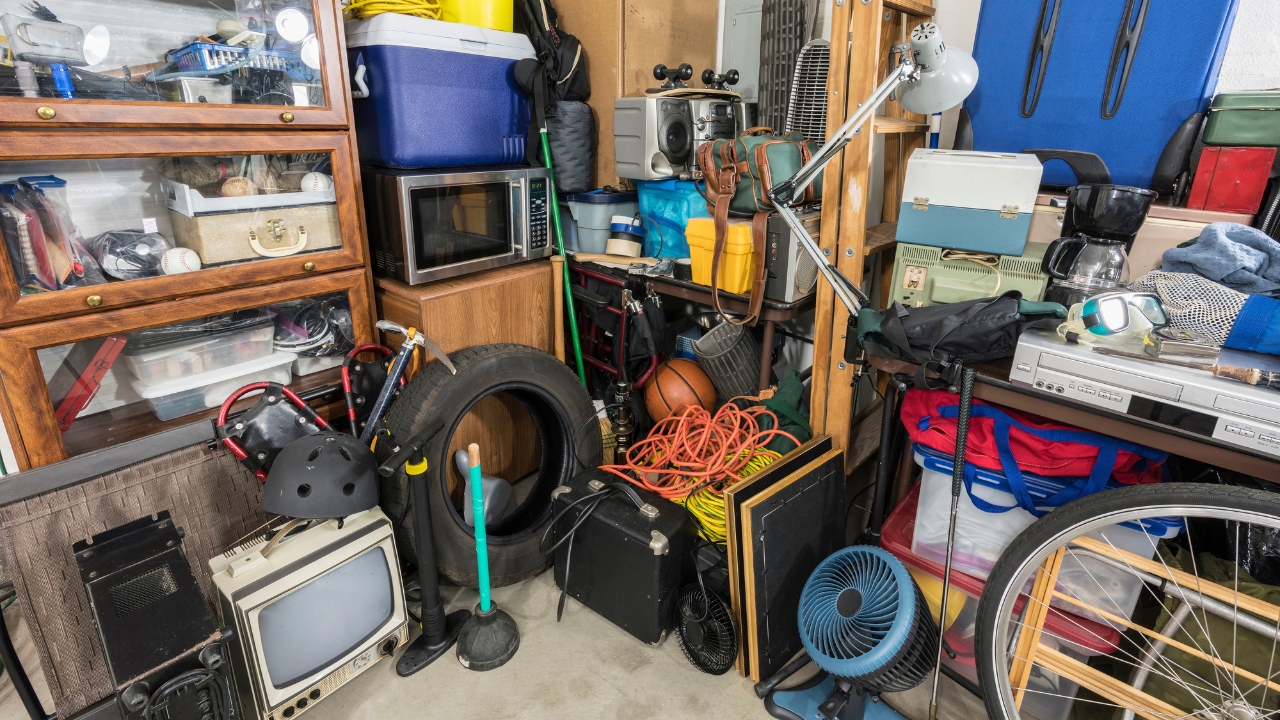
Old TVs, computer parts, or extra cords don’t hold up well in the garage. The humidity and temperature swings can corrode metal parts and fry circuits—even if they’re boxed up.
If you’re planning to use or sell them later, keep electronics indoors. The garage isn’t worth the risk. You’ll often go to plug it in and find it doesn’t work anymore.
Canned Food
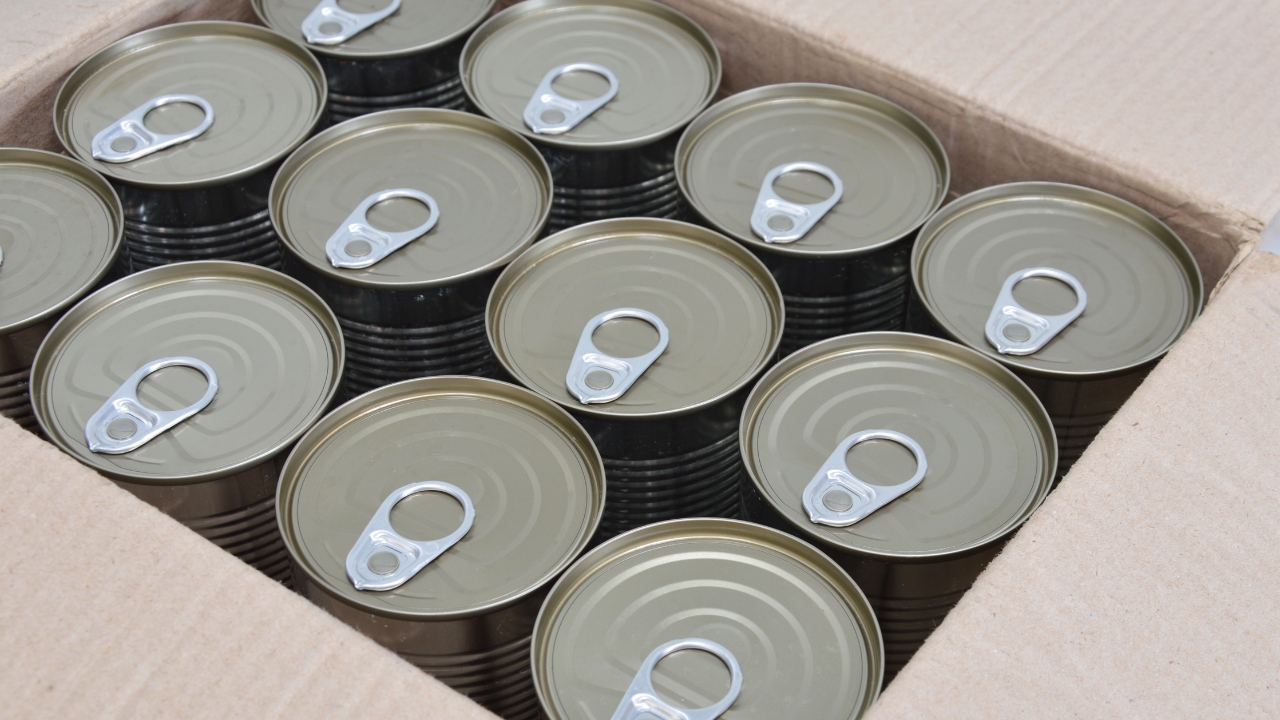
Canned goods need cool, stable temperatures to last. The garage tends to get way too hot, which can break the seal or spoil the food inside—even if the can looks fine.
Your pantry or an interior closet is a safer bet. If you’ve got food stored in the garage right now, give it a close look. Any rust, swelling, or weird smells mean it’s got to go.
Photos and Paper Files
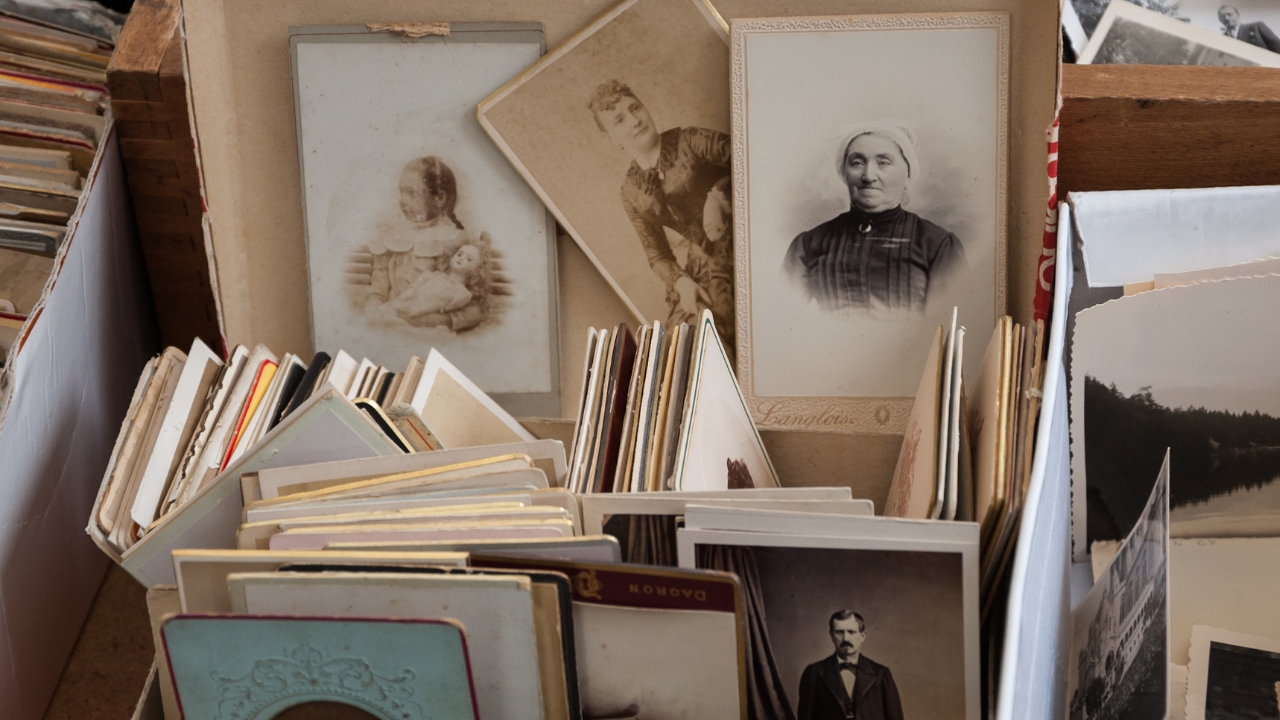
Heat and humidity wreck paper faster than you’d think. Photos stick together, ink bleeds, and files start to curl or grow mildew. Even storage tubs don’t always save them.
Move those sentimental or important papers somewhere inside. If you need to archive stuff long term, invest in proper storage options made for documents—not a garage shelf.
Extra Batteries
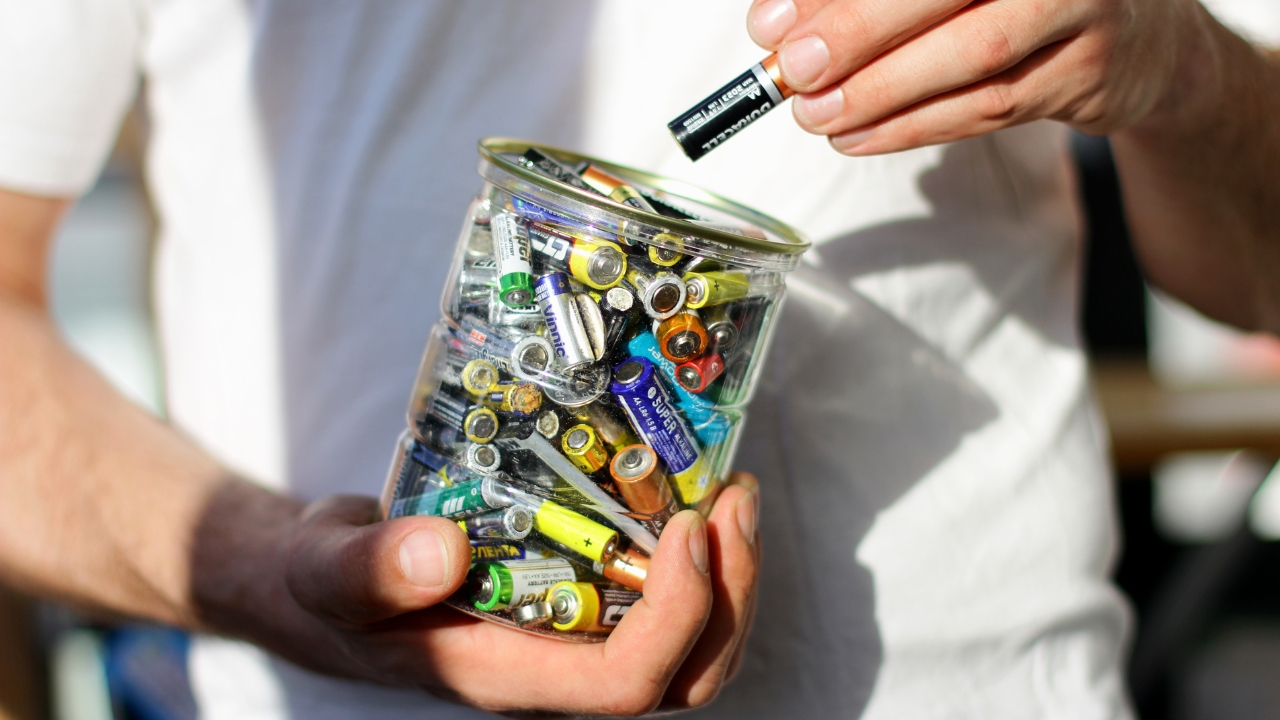
Batteries are sensitive to temperature. Leaving them in a hot or freezing garage shortens their shelf life and can cause leaks or corrosion, especially if they’re in original packaging.
If you’ve got a battery stash in the garage, it’s worth relocating. Keep them somewhere cool and dry indoors. And check the ends—leaking batteries can damage everything they touch.
Seasonal Decorations
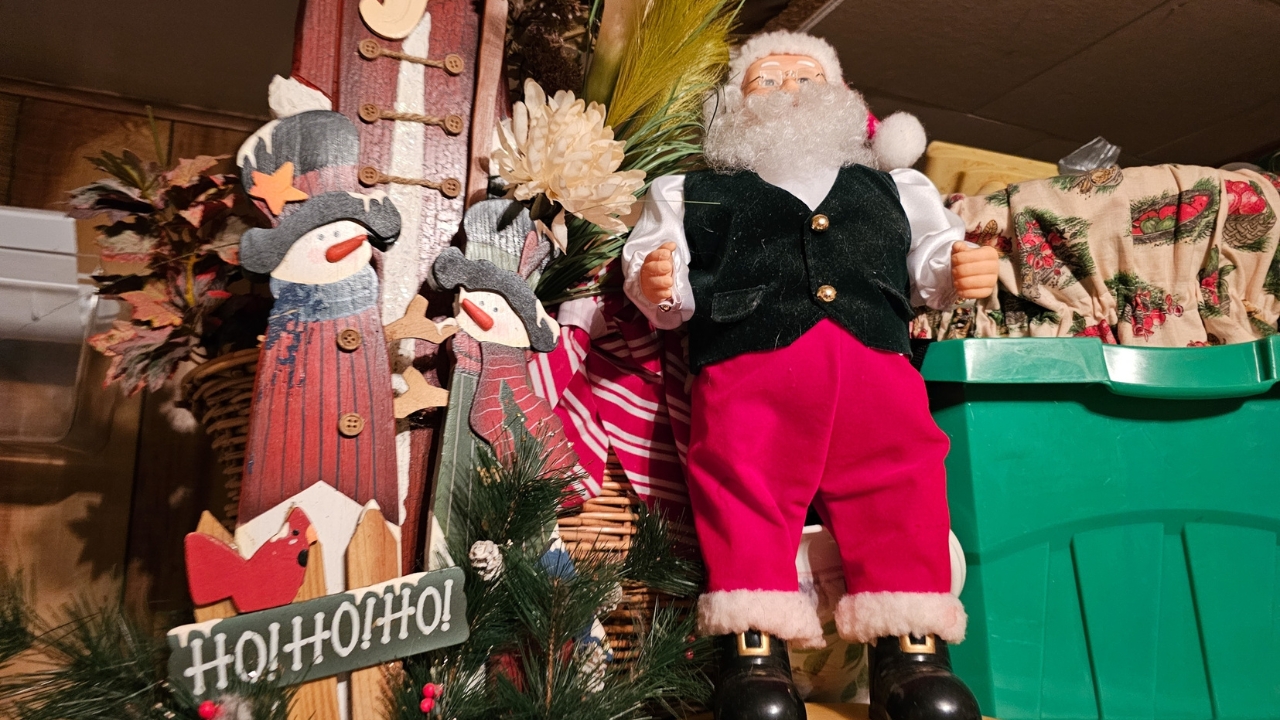
Holiday décor, especially fabric or soft items, attract pests and mildew in the garage. You’ll pull them out next year and find spider webs, mouse droppings, or a funky smell.
Use sealed plastic bins and keep them on shelves—not the floor. Or better yet, store them inside if you’ve got the room. Attics and closets do a better job at keeping critters out.
Firewood
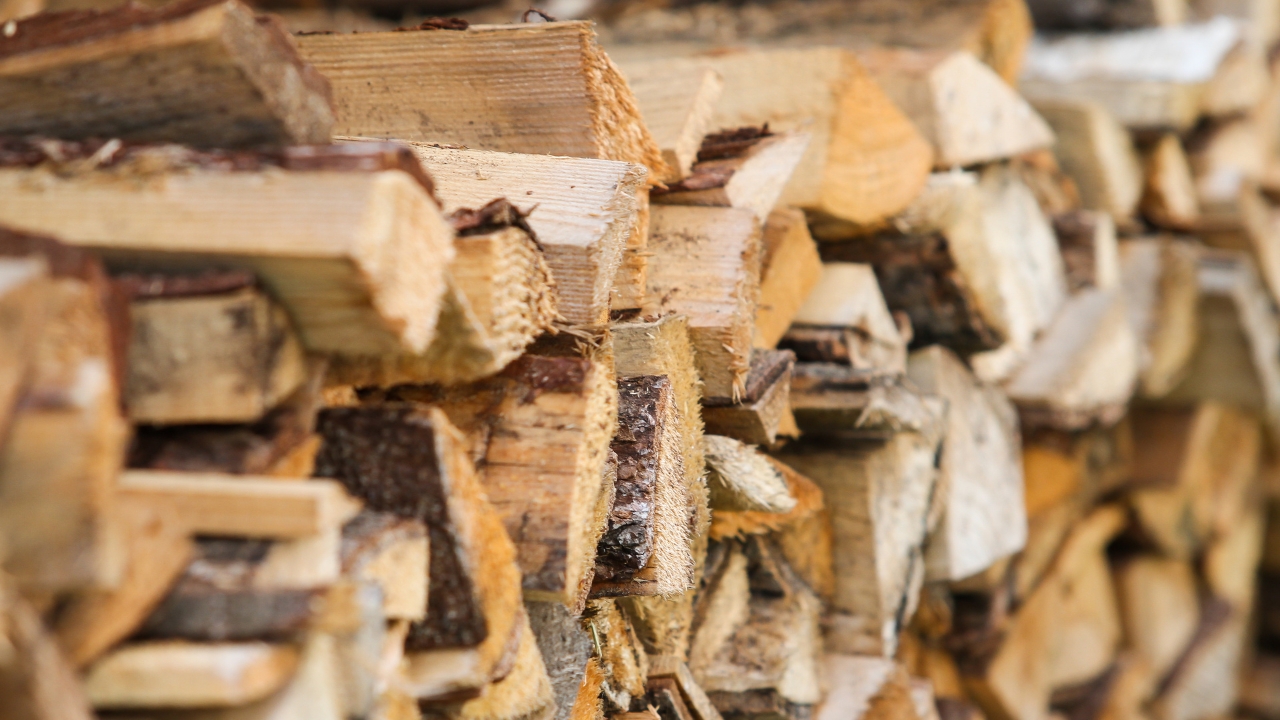
Storing firewood in the garage invites termites and other bugs straight into your home. Even seasoned wood can carry pests that spread fast once they’re inside.
Keep your firewood stacked outside and away from your house. A covered rack with airflow works better than a garage pile, and it cuts down the chances of bugs hitching a ride indoors.
Spare Gasoline
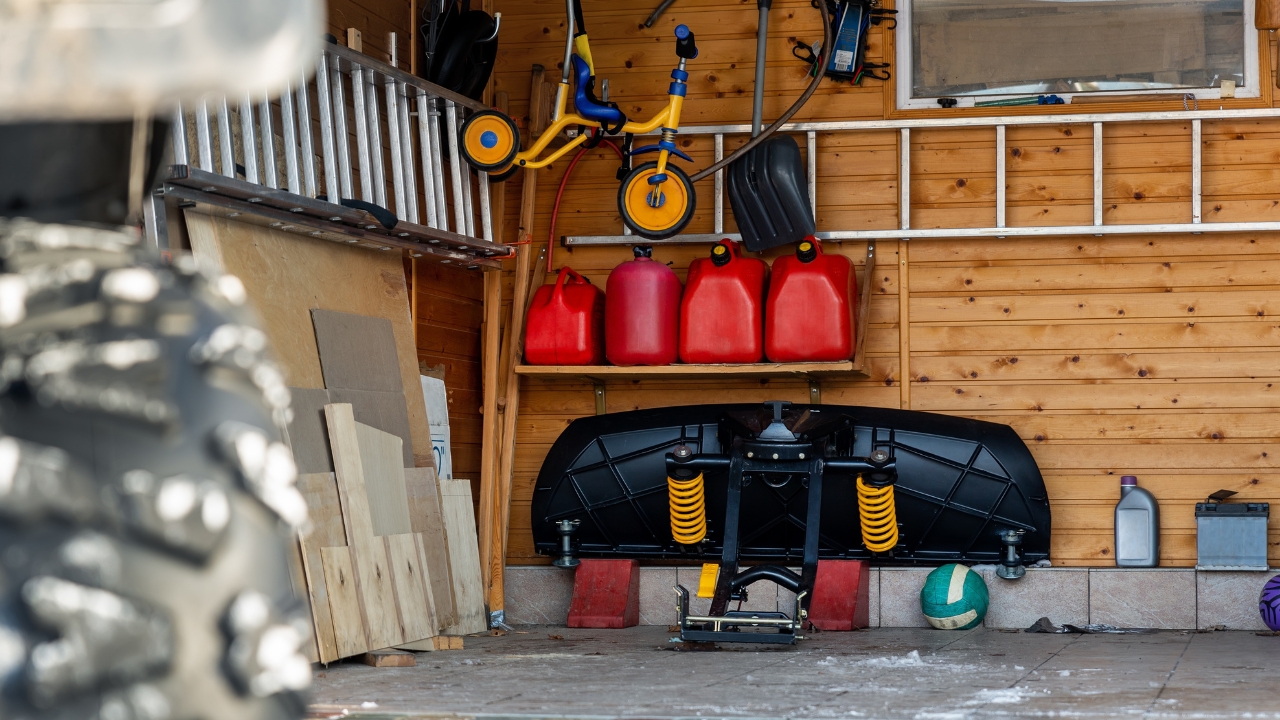
Gas cans should never sit in the garage, especially near pilot lights or electrical equipment. Fumes build up even when the lid is tight, and one spark is all it takes.
Store gasoline in an approved container in a shed away from the house if possible. The garage seems convenient, but it’s not worth the risk to your home or your safety.
*This article was developed with AI-powered tools and has been carefully reviewed by our editors.

